Mu nan ri (母難日, mǔ nám rì) is the day a mother gives birth to a child with great difficulty. In Chinese, mu nan ri is synonymous with the word birthday or birth god, but today many people often hold birthday parties without remembering or knowing about "mu nan ri".
In Oracle Bone Inscriptions, mu (母) means mother, depicting a woman kneeling, facing the left, looking like a mother breastfeeding her child. Shuowen Jiezi says: "Muu, muye (母, 牧也): Mother, meaning to nurture; the original meaning of "muu" is to nurture and educate children.
Nan (難) is difficulty, the other sound is disaster; Nhật (日) is day. Mẫu nan nhật (母難日) is the day a mother gives birth to her child, a shortened form of Mẫu nan chi nhật (母難之日). The Buddha said: "The day of birth is called Mẫu nan nhật, the day when the mother is in pain, going through the moment of life and death to give birth to her child". Modern medicine divides the human pain index into 10 levels, from level 1 (mild pain) to level 10 (very painful). The pain index during natural childbirth for women has reached 9.7 - 9.8, close to the highest level of 10. The ancients said that when a mother gives birth, it is like "one foot in the coffin, one foot out of the coffin" (nhất chỉ thước tại quan coffin lý, nhất chỉ thước tại quan coffin ngoại). When giving birth, it can be said that the mother suffers and the father worries, so the ancients called it "the day when the father worries and the mother suffers".
In terms of origin, the phrase "mu nan nhat" (母難日) appeared in volume 2 (some documents record it as volume 3) of the book "Zhanyuan Jingyu" compiled by Bai Qing (1248-1328) of the Yuan Dynasty, in which there is a passage about Liu Jizhai, a man from Shu who was originally from Sichuan. On the day of his birthday, he fasted, bathed, burned incense, sat up straight and said: "fu uu mu nan chi nhat da" (父憂母難之日也) which means "the day when father worries about mother's hardships". In Journey to the West (chapter 17), the detail "mầu nan chi nhat" (母難之日) is also mentioned.
In some countries and territories around the world , to celebrate a birthday, a son bows to his mother and invites her to dinner to express his gratitude for her hard work in carrying him for 10 months. In Japan, sons call their birthday "mầu nan nhật". They often invite their mother to dinner and bow to her on their birthday.
Nowadays, besides celebrating birthdays, we need to pay attention to the East Asian cultural tradition, remember that the day we were born is also the day of "mother's hardship", the day when fathers worry about their mothers' hardships. Respecting mothers is something that the ancients paid great attention to on "mother's hardship".
Source link



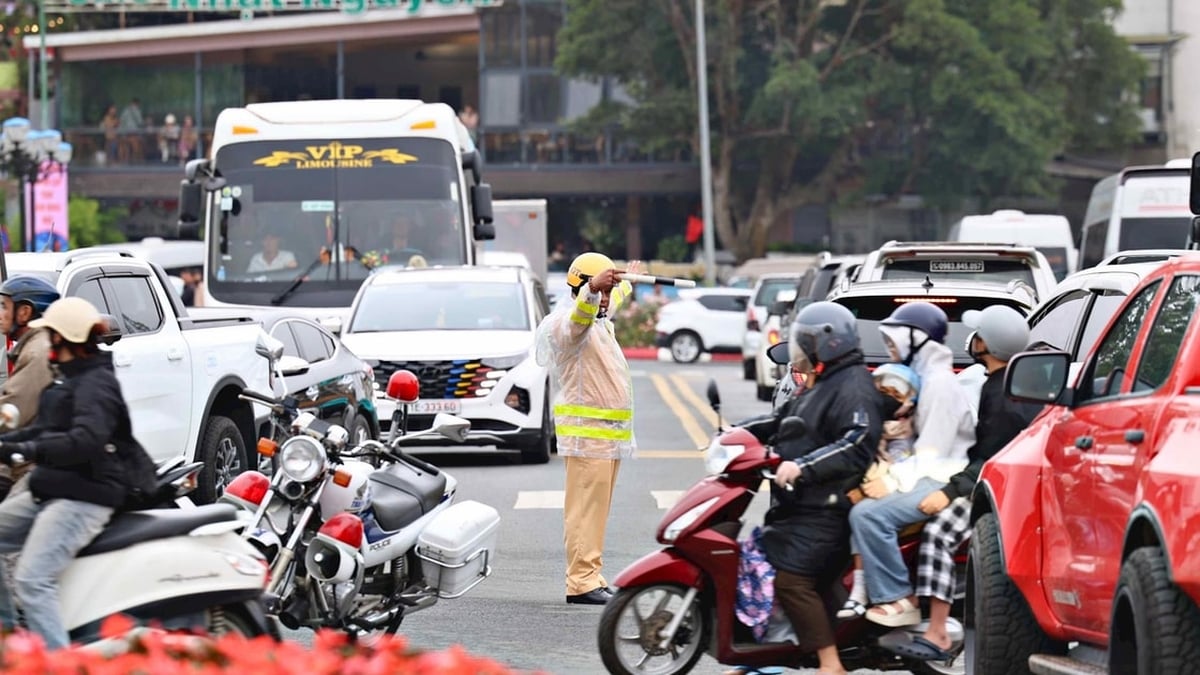

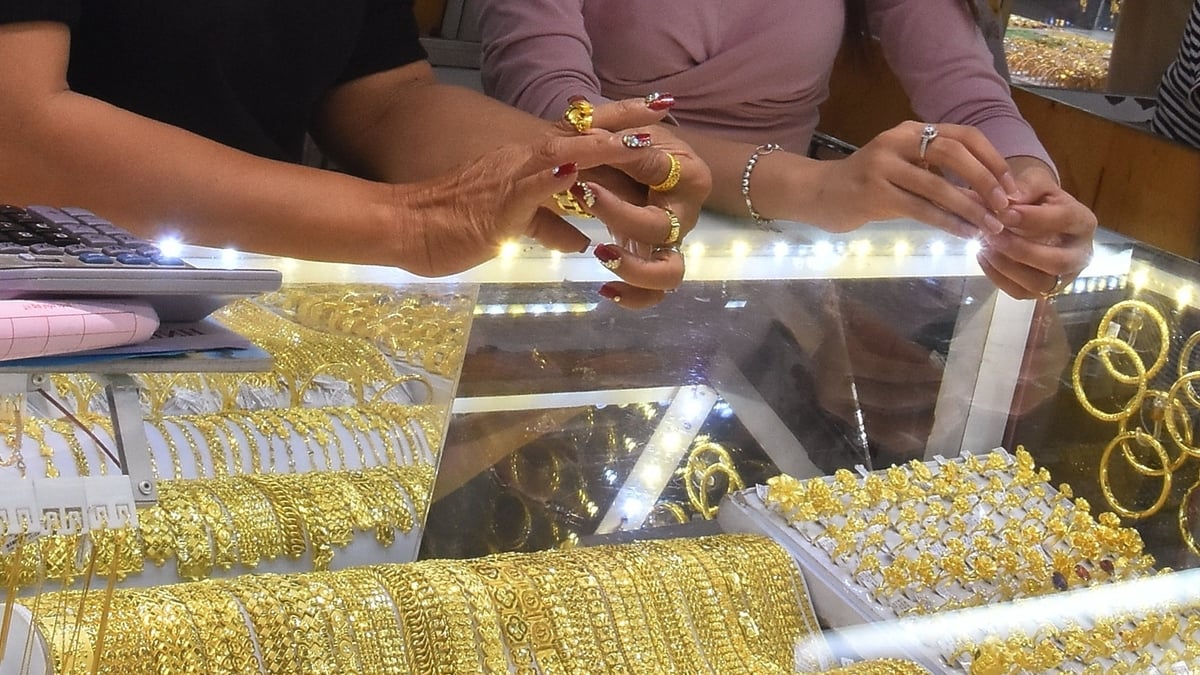

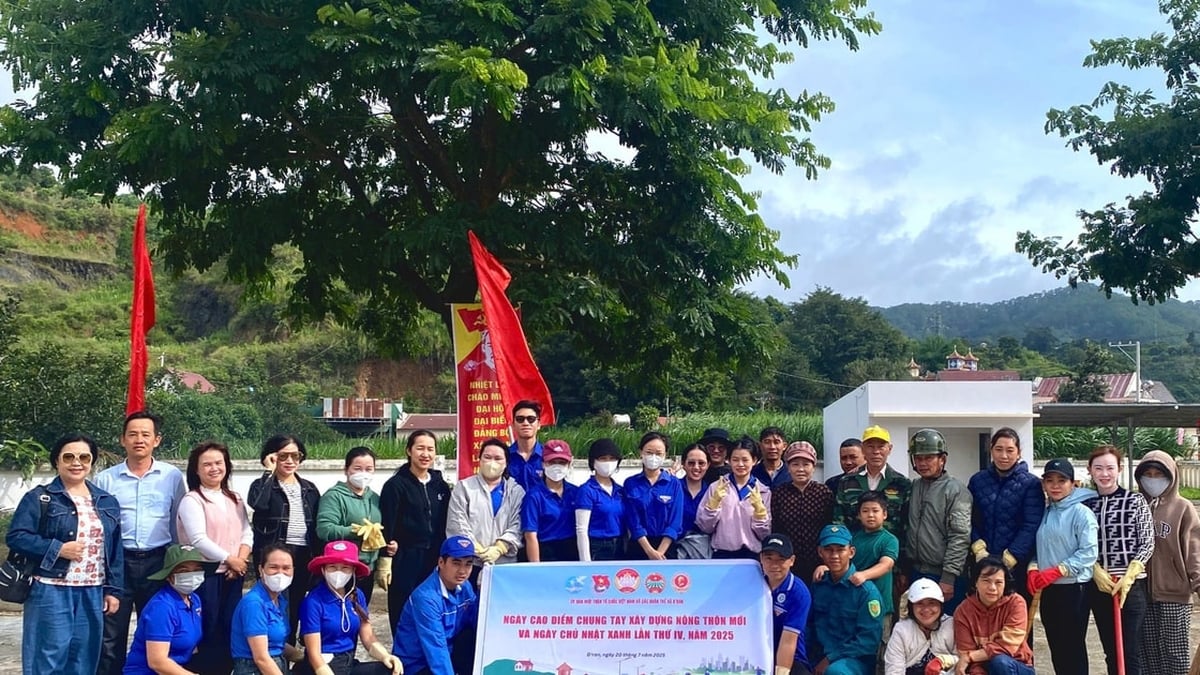
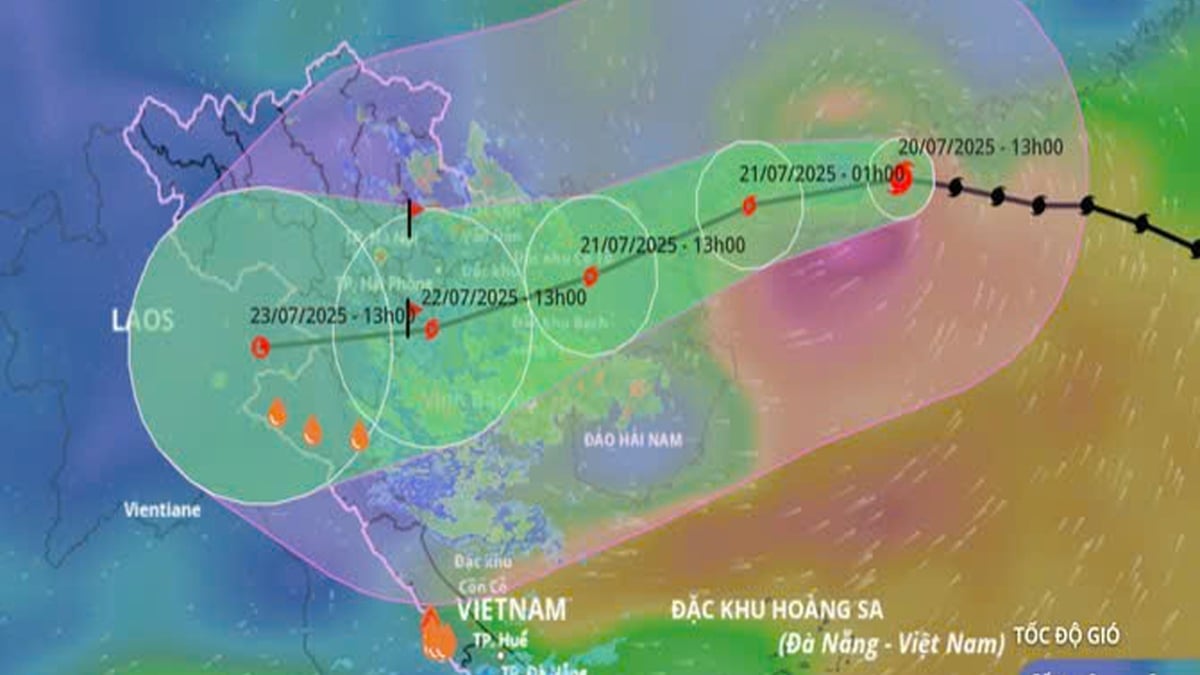
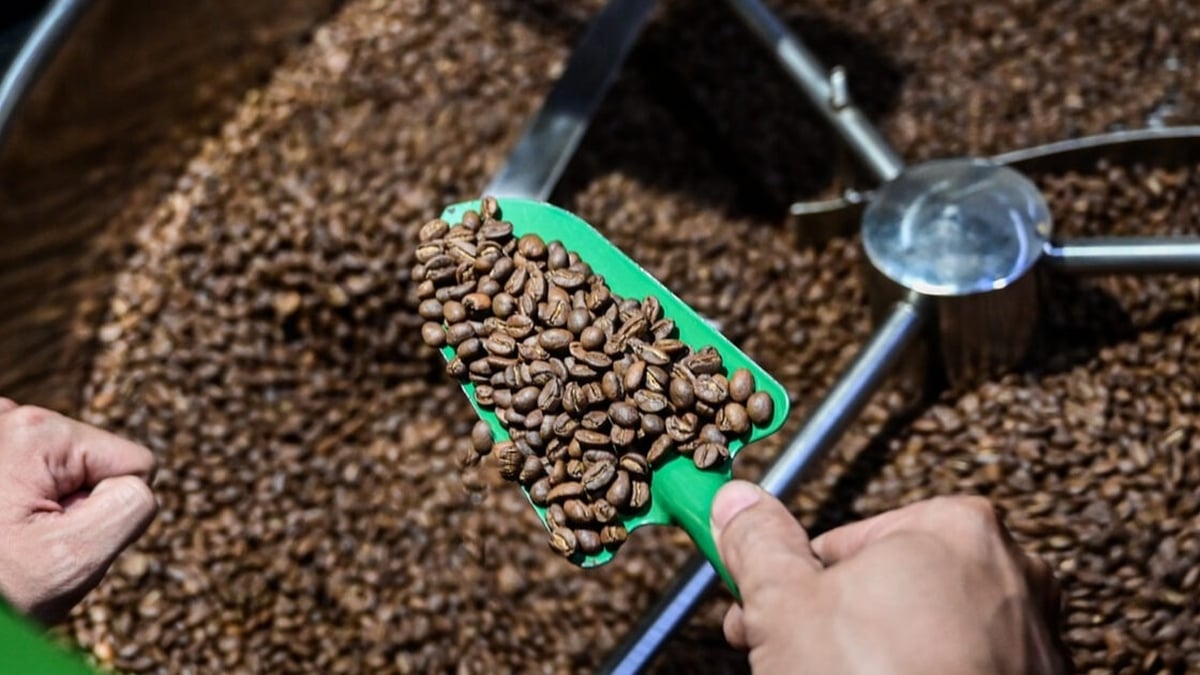

















![[Photo] National Assembly Chairman Tran Thanh Man visits Vietnamese Heroic Mother Ta Thi Tran](https://vphoto.vietnam.vn/thumb/1200x675/vietnam/resource/IMAGE/2025/7/20/765c0bd057dd44ad83ab89fe0255b783)





































































Comment (0)